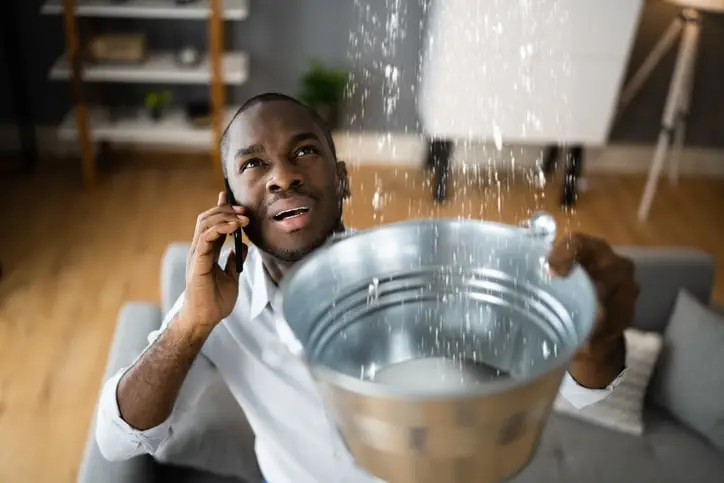Every homeowner dreads the sight of a burst pipe or overflowing toilet. Plumbing disasters can be stressful and expensive. However, with a little knowledge and proactive maintenance, you can significantly reduce the risk of these problems happening in your home. This guide explores common plumbing issues and provides actionable tips to prevent them.
Understanding Your Plumbing System
A basic understanding of your plumbing system is crucial for prevention. Your system comprises pipes, fixtures and drains that carry water throughout your house. The main supply pipe brings fresh water in, while the drain pipes carry wastewater out. Knowing the location of your main stop valve is essential in case of emergencies.
Common Plumbing Disasters and Prevention Tips
1. Clogged Drains: Hair, soap scum, grease and other debris can clog drains. Here’s how to prevent them:
- Install drain covers in the shower to trap hair.
- Avoid pouring grease or oil down the drain.
- Regularly flush drains with hot water and baking soda or vinegar.
2. Leaking Pipes: Leaks can cause water damage and mould growth. Be on the lookout for:
- Dripping taps
- Damp spots around pipes
- Unexplained increases in your water bill
3. Prevention Tips:
- Insulate exposed pipes in unheated areas to prevent freezing and bursting.
- Tighten loose tap handles promptly.
- Replace worn-out hoses and gaskets on appliances.
4. Sewer Pipe Backups: A clogged sewer pipe can cause sewage to back up into your home. Here’s how to avoid this unpleasant situation:
- Don’t flush anything down the toilet except toilet paper and human waste.
- Avoid pouring grease or oil down the drain.
- Have your sewer pipe inspected and cleaned every few years.
5. Hot Water Cylinder Issues: A faulty hot water cylinder can lead to leaks, insufficient hot water or other problems. To prevent issues:
- Schedule annual maintenance checks to ensure your cylinder is operating efficiently.
- Ensure your cylinder is well-insulated to reduce heat loss and improve energy efficiency.
- Check the pressure relief valve regularly to make sure it’s functioning correctly.
- Flush your cylinder periodically to remove sediment build-up, which can reduce efficiency and cause damage.
- Set your cylinder to a temperature of 60°C (140°F) to balance energy efficiency and safety.
6. Frozen Pipes: Freezing temperatures can cause pipes to burst. Here’s how to prevent this:
- Insulate exposed pipes in lofts, basements and outside walls.
- During freezing weather, keep a cabinet door under the kitchen sink open to allow warm air to circulate around the pipes.
- If you’re going away during winter, leave the thermostat set low but not off, to allow a trickle of heat to prevent pipes from freezing.
To prevent frozen pipes and boiler breakdowns in your London home during cold spells, ensure your heating system is well-maintained.
Annual Service: Schedule an annual service for your boiler before the winter season. This will help identify and rectify any potential issues and improve your boiler’s efficiency. (link to boiler service page)
By following these tips and being proactive about maintenance, you can significantly reduce the risk of plumbing disasters in your home. Remember, early detection is key. If you notice any signs of a problem, don’t hesitate to call the team at WaterGuys.
